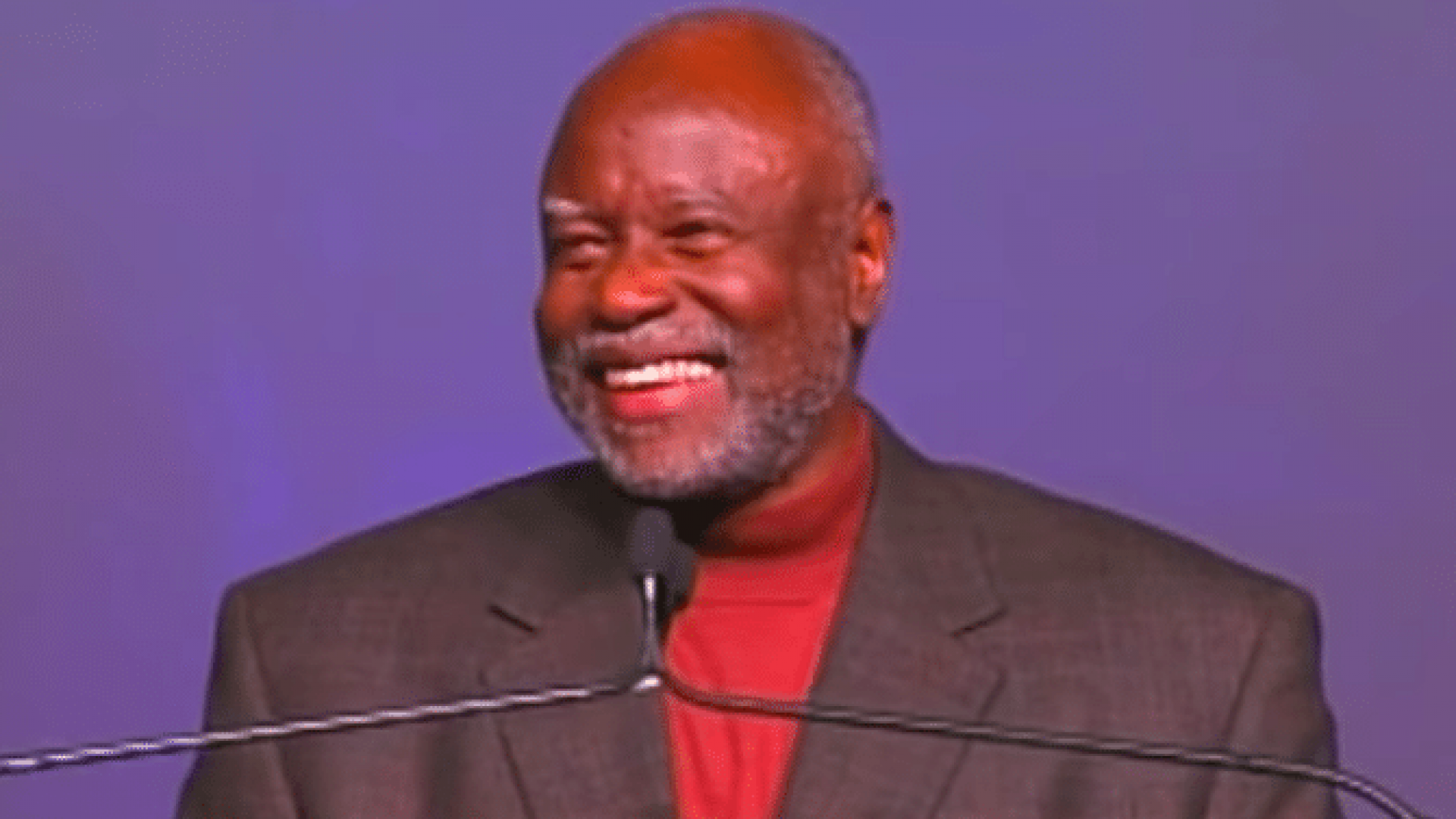William Carter “Bill” Jenkins, who once tried to put a stop the racist, unethical Tuskegee syphilis study in the 1960s died on Feb. 17, in Charleston, S.C. at the age of 73 from complications of sarcoidosis,
the New York Times reports.
A government epidemiologist, Jenkins was working as a statistician at the United States Public Health Service in Washington in the 60s when he learned about the notorious study, his discovery led him to spend the rest of his life-fighting racism and injustice in the health care system.
Many of us are already aware of the unethical Tuskegee study that went on from 1932 to 1972 and the pain and horrors it caused after the federal government lied to hundreds of black men in Macon County, Ala., telling them that their “bad blood” was being treated. In reality, the men had syphilis but were not told that they had the curable disease and was not even treated for it.
Researches used the men as experiments to see how untreated syphilis would ravage the human body without their informed consent. Syphilis can cause brain damage, paralysis, blindness, and death, wreaking havoc on the men’s bodies. Some passed it onto their wives, who then passed it on to some of their children.
Jenkins, who is Black, heard of the study from a colleague while it was still ongoing, although he didn’t know all of the details. He did research and discovered that there were several articles about the study in medical journals, that was supported by local chapters of the American Medical Association. Still, the ethics of what was truly going on concerned him.
He mentioned those concerns to a supervisor who told him not to worry about it. Jenkins later discovered that the same supervisor was one of the people monitoring the study.
Still, he followed up on it, with him and some colleagues writing an article to send to other Black doctors and some reporters. However, he did not include any background or other explanatory information, so it went unnoticed by news media, the
Times reports.
Ultimately, health service epidemiologist Peter Buxtun exposed the study to the
Associated Press, which was recognized, shocking the nation and bringing an end to the study.
Despite the fact that his attempts of a warning went unnoticed, Jenkins dedicated the rest of his life to working on the simple truth that the Tuskegee study exposed – medical research discriminated against people of color.
He worked to diminish AIDS in Black communities, after being among the first at the Centers for Disease Control and Prevention to realize how the disease affected Black men, ultimately becoming the Director of Aids Prevention for minorities at the CDC.
In 1991, he founded the
Society for the Analysis of African American Public Health Issues, which is “dedicated to improving the overall health of African Americans,” and eliminate inequality in health care.
He also worked to deal with the long-lasting impact of the Tuskegee study, overseeing the government’s Participants Health Benefits Program, which provides free lifetime medical care to the men harmed during the study and the family members who were also impacted. He was also part of the group that worked to get an official apology from the federal government for the study, which came decades later in 1997 when President Bill Clinton formally apologized.
Jenkins is survived by his wife, Diane Rowley, his daughter, Danielle Rowley-Jenkins.
ˆ

